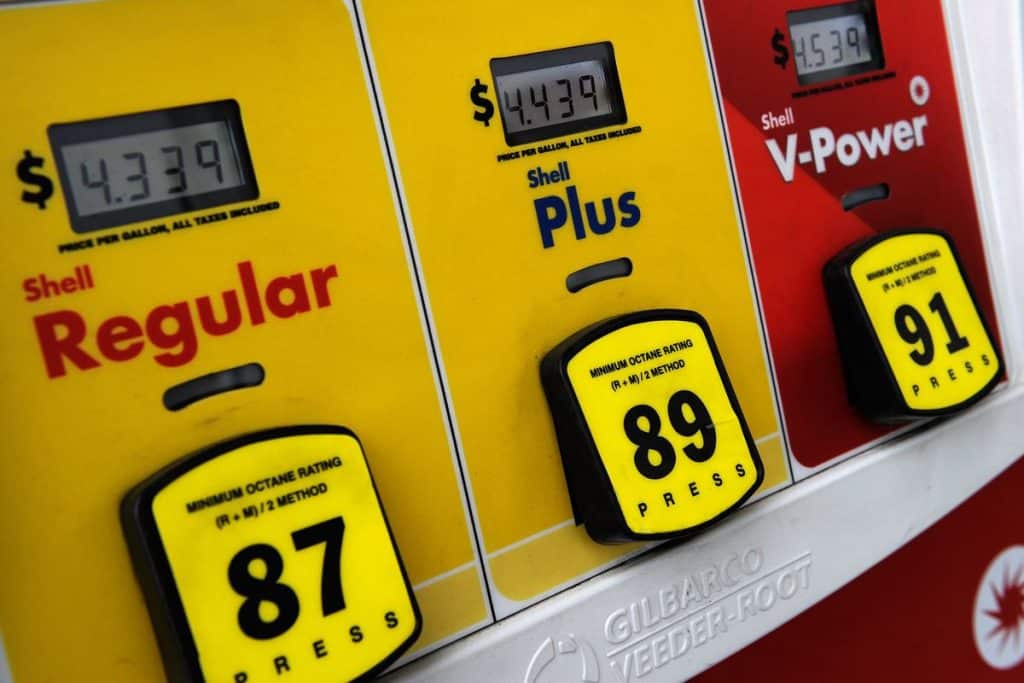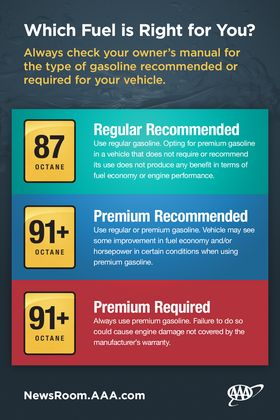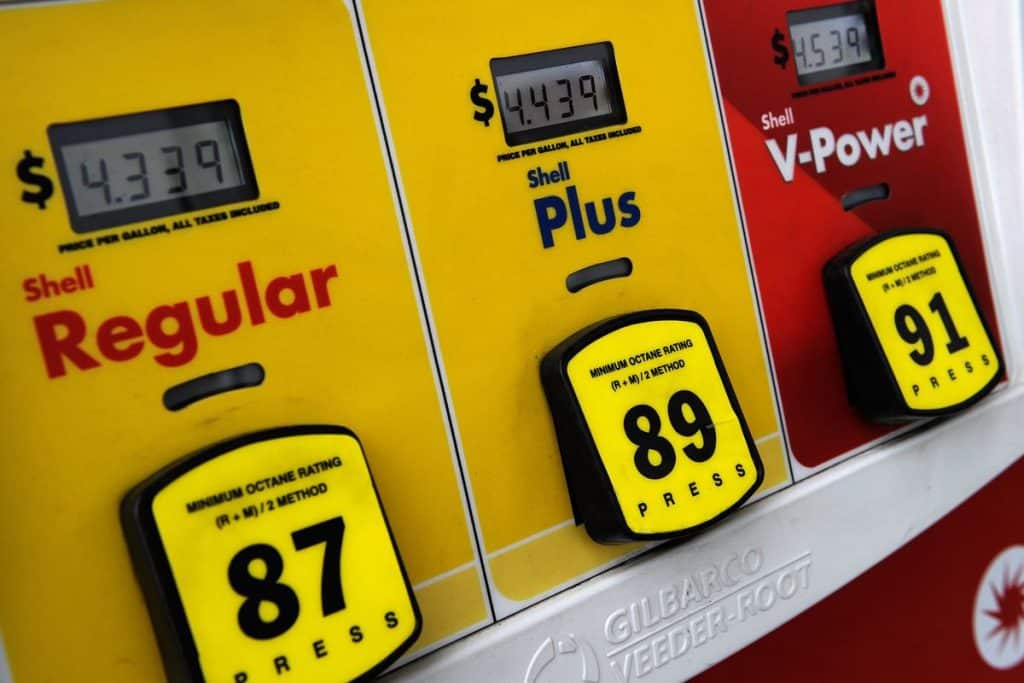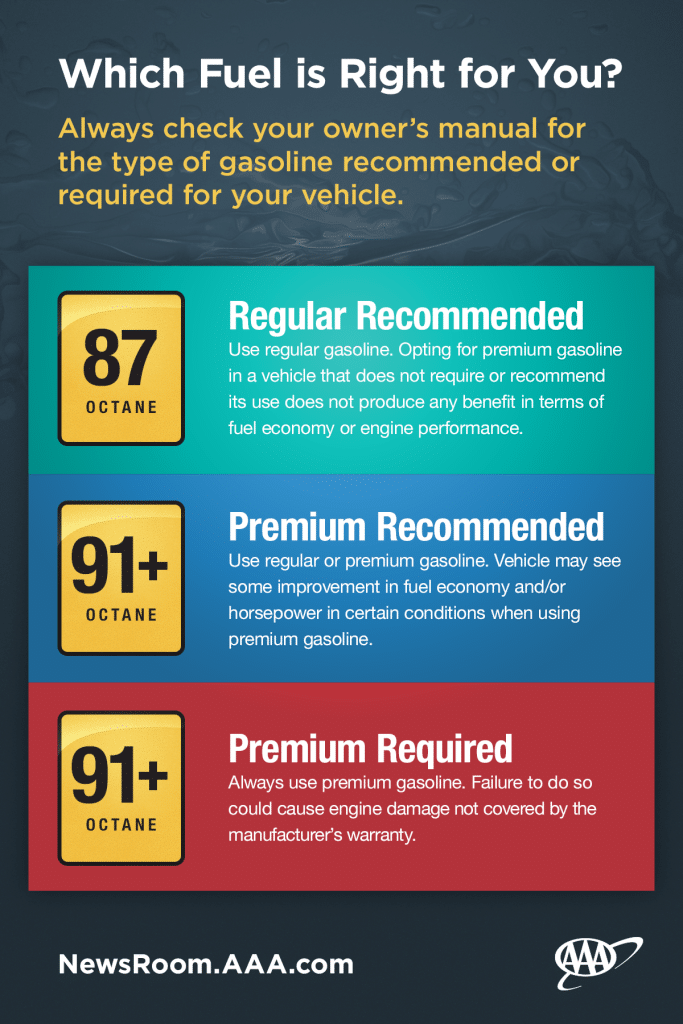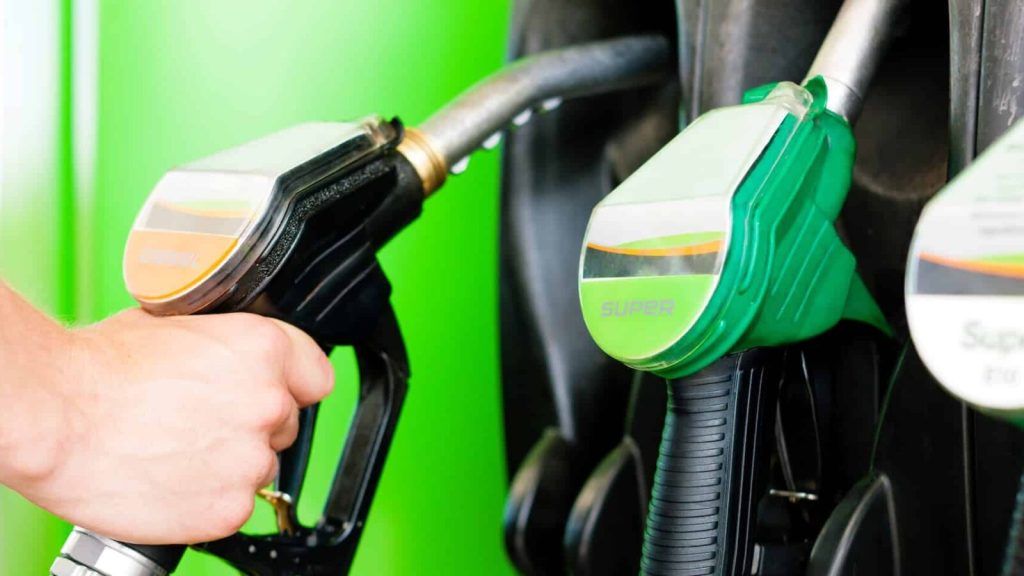We’ve all seen those advertisements claiming that premium fuels will improve our car’s performance and increase fuel efficiency. But are these claims valid? In this article, we’ll explore the effectiveness of premium fuels and whether they truly provide any benefits. Let’s dig deeper into the world of premium fuels and find out if they live up to the hype.
Understanding Premium Fuels
What are premium fuels?
Premium fuels, also known as high-octane or high-performance fuels, are gasoline options that offer additional benefits compared to regular unleaded fuel. These fuels are formulated with higher octane ratings and often include additives that aim to improve engine performance, fuel efficiency, and reduce carbon deposits.
Benefits of premium fuels
The use of premium fuels comes with a range of advantages for vehicle owners. These benefits include enhanced engine performance, improved fuel efficiency, and reduced carbon deposits. These factors contribute to a smoother driving experience, potentially longer engine life, and reduced emissions.
Different types of premium fuels
There are several different types of premium fuels available on the market. These include premium unleaded gasoline, which typically has an octane rating of 91 or higher, and premium diesel fuel, which is formulated to deliver improved performance and fuel efficiency for diesel-powered vehicles. It’s essential to check with your vehicle manufacturer’s recommendations to determine which type of premium fuel is suitable for your vehicle.
Performance and Efficiency
Enhanced engine performance
One of the significant advantages of using premium fuels is the potential for enhanced engine performance. The higher octane rating of premium fuels allows for more efficient combustion, resulting in increased power output and faster acceleration. This can be especially noticeable in high-performance vehicles or those with turbocharged engines.
Improved fuel efficiency
In addition to better engine performance, premium fuels can also contribute to improved fuel efficiency. The additives in these fuels can help optimize combustion, allowing the engine to extract more energy from each unit of fuel. This means that drivers may be able to enjoy longer journeys without needing to refuel as frequently, potentially saving both time and money.
Reduced carbon deposits
Premium fuels often contain detergents and additives designed to reduce carbon deposits in the engine. These deposits can accumulate over time and negatively impact engine performance, leading to decreased fuel efficiency and increased emissions. By reducing carbon deposits, premium fuels can help keep the engine running cleaner and more efficiently, resulting in improved overall performance.
Debunking Common Myths
Myth: Premium fuels lead to more horsepower
Contrary to popular belief, premium fuels do not automatically result in a significant increase in horsepower. While it is true that higher-octane fuels allow for more efficient combustion, which can lead to improved engine performance, the actual horsepower gains are usually modest at best. The benefits of using premium fuel lay more in the areas of overall engine performance and fuel efficiency.
Myth: Premium fuels are a waste of money
Some may argue that using premium fuels is a waste of money, especially if their vehicles do not specifically require them. However, it is important to consider the potential long-term benefits that premium fuels offer, such as improved engine performance, increased fuel efficiency, and reduced carbon deposits. These factors can contribute to a smoother driving experience, lower maintenance costs, and even potentially increase the resale value of the vehicle.
Myth: Premium fuels are only for high-performance vehicles
While premium fuels can certainly benefit high-performance vehicles, they are not limited to these types of vehicles. Many modern vehicles, including certain sedans, SUVs, and even regular passenger cars, can benefit from the use of premium fuels. It is always recommended to consult your vehicle’s manufacturer or refer to the owner’s manual to determine the recommended fuel type.
Expert Opinions
Statements from automotive manufacturers
Many automotive manufacturers have voiced their support for the use of premium fuels in certain vehicles. For example, luxury car manufacturers often recommend or require the use of premium fuels to ensure optimal performance and longevity of their vehicles. Additionally, some sports car manufacturers highlight the benefits of premium fuels to fully enjoy the capabilities of their high-performance vehicles.
Insights from industry experts
Industry experts, such as experienced mechanics and automotive technicians, often highlight the advantages of using premium fuels. They advocate for these fuels based on their firsthand experiences servicing vehicles and witnessing the positive effects on engine performance and fuel efficiency. These experts often recommend considering premium fuels as part of a comprehensive vehicle maintenance routine.
Studies and research findings
Various studies and research have been conducted to assess the effectiveness of premium fuels. While results may vary, many of these studies indicate that premium fuels can indeed deliver the claimed benefits, such as improved engine performance and fuel efficiency. These findings, coupled with real-world experiences, provide additional evidence for the advantages of using premium fuels.
Choosing the Right Fuel
Considerations for vehicle compatibility
When deciding whether to use premium fuel, it is crucial to consider your vehicle’s compatibility. While many vehicles can use premium fuels, some cars are designed specifically to optimize their performance with higher-octane fuels. Check your vehicle’s owner’s manual or consult the manufacturer to determine the recommended fuel type for your specific model.
Understanding octane rating
Octane rating measures a fuel’s ability to resist knocking or pinging during combustion. Premium fuels typically have a higher octane rating than regular unleaded fuels. It’s important to understand that higher-octane fuel is not inherently superior but is instead designed for specific engine characteristics. Using fuel with an octane rating lower than recommended for your vehicle may result in reduced performance and potentially damage the engine.
Determining if premium fuel is necessary
If your vehicle’s manufacturer recommends or requires the use of premium fuel, it is essential to follow those recommendations to ensure optimal performance and longevity of your vehicle. On the other hand, if your vehicle does not technically require premium fuel, it may still benefit from using it. Consider factors such as your driving habits, the age and condition of your vehicle, and the potential long-term benefits when deciding whether to invest in premium fuel.
Real-world Experiences
Driver testimonials
Many drivers have shared their positive experiences with using premium fuels. They often report smoother acceleration, improved engine responsiveness, and increased fuel efficiency. While individual experiences may vary, these testimonials highlight the real-life benefits that drivers can potentially enjoy by switching to premium fuels.
Comparative studies
Comparative studies have been conducted to compare the performance and efficiency of vehicles using regular unleaded fuel versus premium fuel. These studies often involve controlled tests and measurements to assess factors such as acceleration, fuel consumption, and emissions. In many of these studies, vehicles running on premium fuels consistently displayed better performance metrics compared to those using regular unleaded fuel.
Personal anecdotes
Numerous personal anecdotes further emphasize the benefits of premium fuels. Drivers who have switched to premium fuels often note increased smoothness in their vehicle’s performance, reduced engine noise, and even improved longevity of their engines. While personal anecdotes cannot serve as scientific evidence, they provide valuable insights into the potential advantages that premium fuels offer.
Cost Analysis
Price difference between regular and premium fuels
Premium fuels typically come with a higher price tag compared to regular unleaded fuels. The price difference can vary depending on the region and the current market conditions. It is essential to consider this price discrepancy when assessing the cost-effectiveness of using premium fuels.
Long-term cost benefits
While premium fuels may incur higher upfront costs, their potential long-term cost benefits should not be overlooked. Enhanced fuel efficiency means that drivers may need to refuel less frequently, potentially offsetting the initial price difference over time. Additionally, the improved engine performance and reduced maintenance costs associated with using premium fuels can contribute to long-term cost savings.
Evaluating cost-effectiveness
When evaluating the cost-effectiveness of using premium fuels, it is crucial to consider the overall benefits and potential savings that can result from better performance, increased fuel efficiency, and reduced maintenance needs. Additionally, individual driving habits, vehicle type, and current market conditions should also be taken into account.
Potential Drawbacks
Compatibility issues with older vehicles
Older vehicles, especially those without advanced engine technologies, may not fully benefit from using premium fuels. In such cases, the higher octane rating may have minimal impact on engine performance, and the higher price may not justify the investment. It is important to consider the age and condition of your vehicle when deciding whether premium fuel is suitable.
Limited availability of premium fuels
Another potential drawback is the limited availability of premium fuels, particularly in areas where demand is relatively low. While premium fuels are generally accessible at most gas stations, it is essential to plan accordingly, especially for drivers in remote or rural areas where access to premium fuels may be more limited.
Minimal performance gains in certain situations
While premium fuels can provide noticeable performance gains in certain vehicles and driving conditions, the difference may be minimal or even negligible for others. If your vehicle’s engine is not designed to take full advantage of the higher octane rating, the benefits of using premium fuel may not be as pronounced. It is worth considering your specific driving circumstances before committing to premium fuel.
Environmental Impact
Reduced emissions
One positive environmental impact of using premium fuels is the potential to reduce emissions. Premium fuels often contain additives that help promote cleaner combustion, resulting in lower levels of harmful pollutants released into the atmosphere. By choosing premium fuels, drivers can contribute to improved air quality and reduced environmental impact.
Sustainable fuel options
In recent years, there has been a growing interest in sustainable fuel alternatives, such as biofuels and hydrogen. These renewable fuels offer the potential to reduce emissions and dependence on fossil fuels further. While not all premium fuels fall under the category of sustainable alternatives, developing and adopting environmentally friendly premium fuels is an ongoing area of research and innovation.
Long-term environmental benefits
Using premium fuels can contribute to long-term environmental benefits, primarily through reduced emissions and the potential to develop sustainable fuel options. As technology advances and fuel formulations improve, premium fuels have the potential to play a role in minimizing the environmental impact associated with conventional gasoline and diesel fuels.
Conclusion
In conclusion, premium fuels have the potential to offer a range of benefits for vehicle owners. While they may come at a higher price, their ability to enhance engine performance, improve fuel efficiency, and reduce carbon deposits make them an attractive option for many drivers. Despite some common myths and potential drawbacks, the support from automotive manufacturers, insights from industry experts, and findings from studies further reinforce the effectiveness of premium fuels.
When deciding whether to use premium fuel, it is essential to consider factors such as vehicle compatibility, octane rating, and your specific driving circumstances. Real-world experiences, cost analysis, and the potential environmental impact should also be weighed in determining whether premium fuel is the right choice for you.
It is recommended to consult your vehicle’s manufacturer, review any specific recommendations, and consider the long-term benefits and cost-effectiveness of using premium fuels. With ongoing advancements in fuel technology, premium fuels continue to evolve, providing consumers with improved options for achieving optimal performance, efficiency, and reduced environmental impact.
